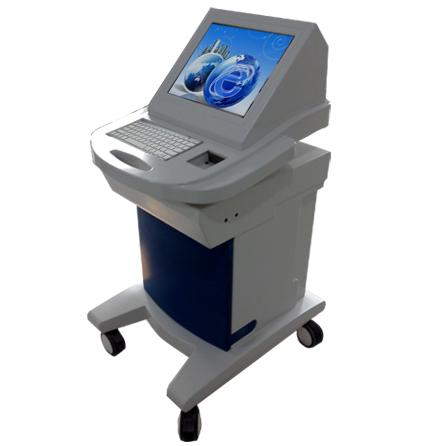- Mar 13, 2024
In the field of medicine, injection molding plays a crucial role in the production of various devices and products that are essential for healthcare providers and patients alike. This advanced manufacturing technique has revolutionized the production of medical products due to its precision, versatility, and cost-effectiveness. Let's delve into the realm of medical products achieved through injection molding and explore their diverse applications.
1. Medical Device Enclosures
Injection molding allows for the production of intricate and highly durable enclosures for medical devices. These enclosures provide protection, housing vital components such as electronic modules, sensors, and displays. Devices like CT scanners, patient monitors, and infusion pumps heavily rely on high-quality injection-molded enclosures for safe and reliable operation.
2. Surgical Instruments
Injection molding enables the efficient production of surgical instruments with complex geometries and precise dimensions. Instruments such as forceps, clamps, retractors, and scalpel handles are manufactured using the technique. By utilizing injection molding, these instruments can be produced in large quantities, ensuring availability in hospitals, clinics, and surgical centers.
3. Drug Delivery Systems
Various drug delivery systems rely on injection molding for precise and consistent production. Devices like insulin pens, inhalers, and syringe barrels are manufactured using this technique. Injection molding ensures the tight tolerances required for accurate dosing, while also allowing for the integration of unique features such as needle safety mechanisms and dosage indicators.
4. Dental Products
Injection molding has transformed the production of dental products, including mouthguards, aligners, denture bases, and orthodontic brackets. These products require high precision and biocompatible materials, which can be achieved through injection molding. The technique allows for the efficient mass production of dental products while maintaining excellent quality and accuracy.
5. Diagnostic Equipment Components
Injection molding is extensively used in the fabrication of diagnostic equipment components such as test tubes, microscope slides, pipette tips, and DNA analysis chips. These components require precise molding to ensure accurate test results and improved diagnostics. Injection molding provides the necessary consistency and repeatability required in the manufacturing of diagnostic devices.
6. Implantable Medical Devices
Injection molding plays a vital role in the production of implantable medical devices, including pacemakers, artificial joints, and dental implants. These devices require biocompatible materials with high strength and precision. Injection molding ensures the efficient production of complex-shaped implants, improving patients' quality of life and medical outcomes.
In conclusion, injection molding has revolutionized the production of medical products across various domains. From essential medical device enclosures to intricate surgical instruments and implantable devices, this versatile technique enables the mass production of high-quality, cost-effective, and precise medical products. With continuous advancements in injection molding technology, the healthcare industry continues to benefit from improved patient care and enhanced medical solutions.


